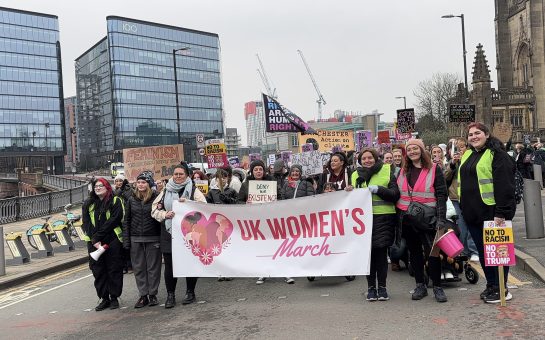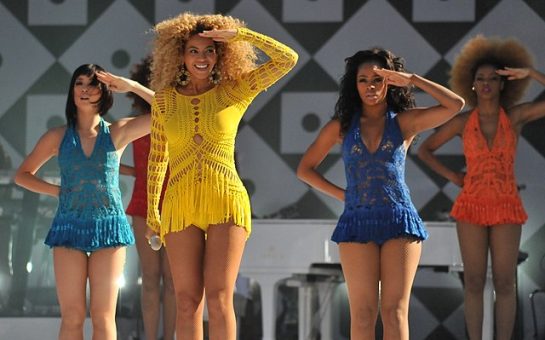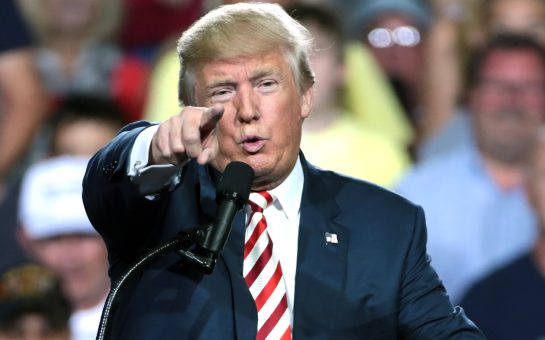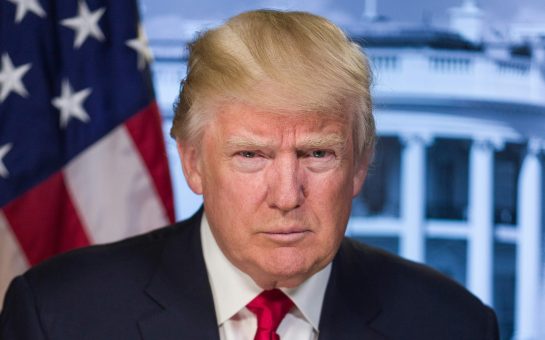Donald Trump’s imposition of tariffs on steel and aluminium from the EU, Canada and Mexico is ‘highly political if not populist,’ according to University of Salford academic Faisal Sheikh.
Trump, who succeeded Barack Obama as President of the United States in January 2017, is introducing tariffs in a bid to increase manufacturing jobs in the U.S.
The move is likely to invite retaliatory measures from other countries, raising the possibility of a trade war between the US and several other steel-producing countries.
Sheikh, international finance expert at the University of Salford, expressed his concern over the potential implications of Trump’s tariffs on the World Trade Organisation (WTO).
“The news that the USA is to impose tariffs on steel (25%) and aluminium (10%) imports from the European Union (EU), Mexico and Canada should not come as a surprise as this was one of President Trump’s campaign pledges and clearly highlights that the current administration is anti-trade,” Sheikh said.
“Trump has consolidated his protectionist agenda, attempting to bring manufacturing jobs back to the USA from other nations to where they have historically been outsourced, such as Mexico, China and India.
“The imposition of tariffs is highly political if not populist. In the short run the American steel and aluminium industries will be toasting Trump because they will see a reduction in competition and higher profits.
“On the other hand American consumers and businesses will have to face higher prices for goods. They will pay more for products using steel, and businesses pay more for steel that they use to produce goods. Therefore, tariffs are considered to be pro-producer and anti-consumer.”
For the EU, the measures will affect exports that were worth €6.4bn (£5.6bn) in 2017, but the potential effect on jobs is not yet clear.
Trump’s policy is likely to affect US relations with the EU, as the WTO are in favour of the trade of important goods across borders and continents.
“There is also the strong possibility that Trump will walk away completely from the WTO an intergovernmental organisation formed in 1995 to regulate international trade.
“The WTO supports the free trade of goods and services across borders, which stands in direct conflict to President Trump’s international trade policy i.e. imports will be taxed and exports subsided.
“All this political economy drama reminds that we do indeed live in interesting times and that the growth of populism is here to stay.”



